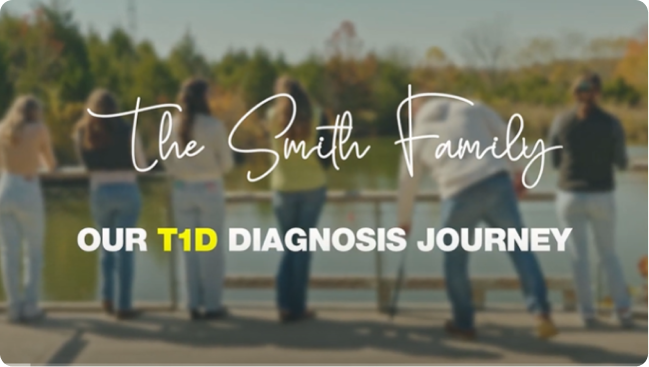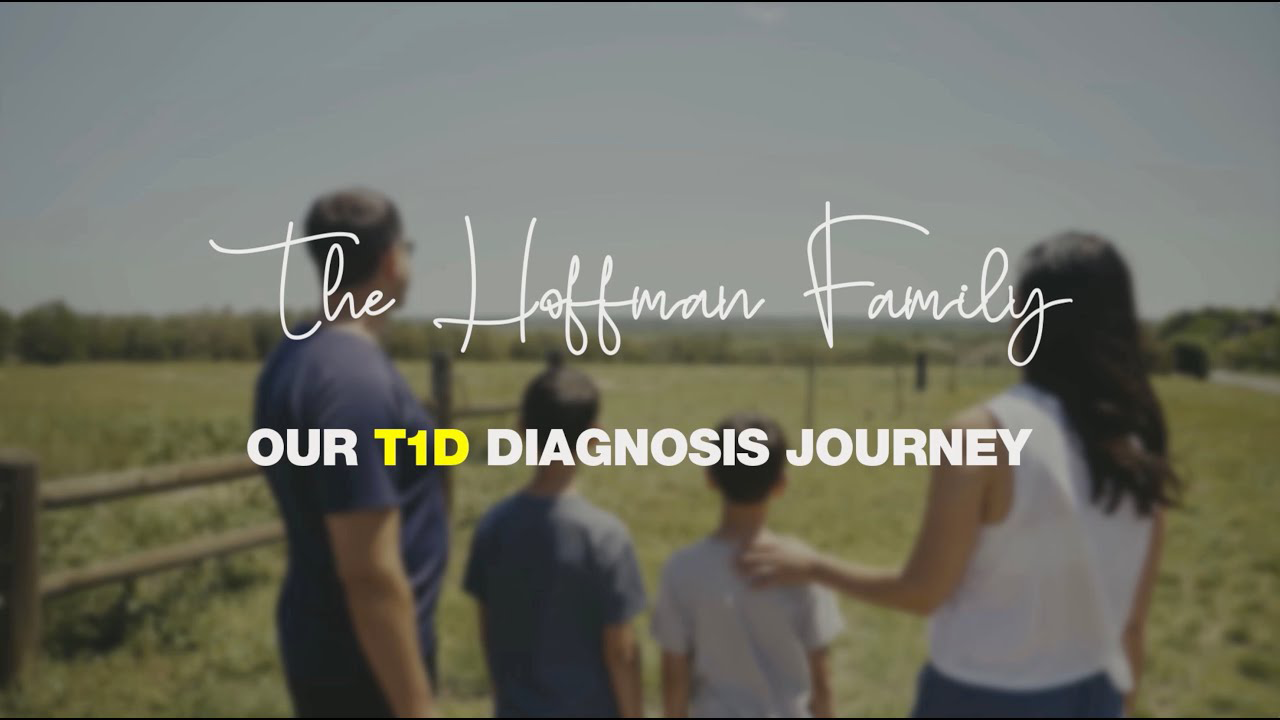Know your options
Advancements in management of autoimmune type 1 diabetes may offer ways to help. Talk to your or your loved one’s doctor about what could come next. You or your loved one may be able to participate in a clinical trial or explore other options.

How knowing sooner helps you prepare
Don’t just take it from us, hear from real people who have benefited from screening for type 1 diabetes. Whatever your risk factors, screening helps you gain the knowledge and time you may need to prepare for type 1 diabetes before insulin dependence beings.


Learn the symptoms of autoimmune type 1 diabetes
Get prepared by learning about and keeping an eye out for symptoms before they appear. Some symptoms to watch out for are:
- Excessive thirst
- Frequent urination, including bed-wetting in children who previously didn't wet the bed while asleep
- Extreme hunger
- Unintended weight loss
- Irritability and other mood changes
- Fatigue and weakness
- Blurred vision
- Dry mouth
- Slow-healing cuts/bruises
Always talk to a doctor about any symptoms you or a loved one may be experiencing.

Monitoring blood sugar
Monitoring blood sugar is one way to keep track of autoimmune type 1 diabetes. In the early stages of the disease, even when there aren’t visible symptoms, blood sugar levels can start to shift higher or lower than the normal range. That’s how you know type 1 diabetes may be progressing. You can work with a doctor to check your or your loved one’s blood sugar.

Find the right care team
Endocrinologists and diabetes educators are diabetes experts. Talk to a doctor to help guide you or your loved one on the best ways to manage type 1 diabetes and help assemble the right care team.

Breakthrough T1D’s Early Detection Program
Early Detection is Breakthrough T1D’s education and awareness program for type 1 diabetes screening and monitoring. Find out more about the importance of early detection, how and where to get screened, and what to do after you've received your results.

Ask the Experts Program
A group of type 1 diabetes experts are available to offer support and answer questions about early screening and
what the results mean. They can also
provide advice about a plan for
monitoring and future testing.
